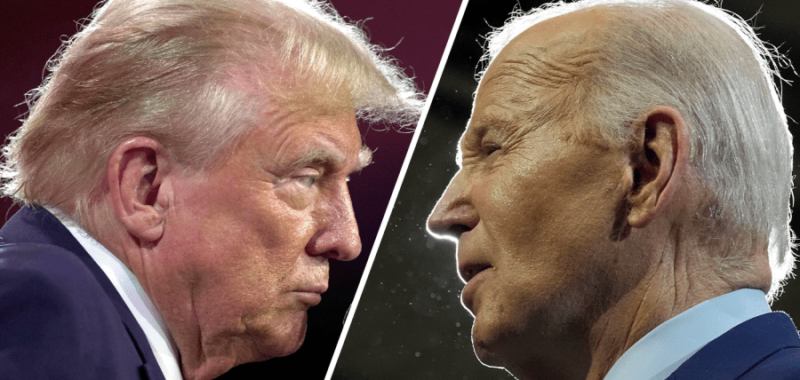
As the presidential transition moves forward, a significant issue for American democracy and the rule of law is whether Donald Trump will deploy the resources of the federal government — including the Department of Justice — to pursue retribution against his political opponents. This includes retribution through criminal investigations and potentially indictments, as Trump repeatedly promised during his campaign.
A second, largely unexamined question is whether President Biden will allow this to happen, or whether he will preempt so-called “revenge” prosecutions through pardons.
WHO IS AT RISK AND FOR WHAT?
Congressional investigations
As my partner Bill Pittard recently wrote, aggressive congressional investigations into Trump’s political opponents are virtually guaranteed during his second term. With both Republican control of both the House and Senate, perceived Trump adversaries are likely to face near-constant investigations from House and Senate committees, disrupting their lives in a myriad of ways.
While politically motivated investigations are nothing new, based on Trump’s public statements and presidential nominations to date, his administration’s approach will likely go further. These probes would expand into personal and political retribution under the guise of legitimate federal criminal investigations. As Pittard notes, such investigations could escalate into other forms of harassment, targeting not only public servants but also private citizens.
Criminal investigations of federal and state prosecutors
One of the most feared categories of revenge actions involves criminal prosecutions of those who investigated and prosecuted Trump and his allies. Such prosecutions would likely be spearheaded by newly appointed special counsels and U.S. attorneys, targeting figures such as special counsel Jack Smith and his team, and the state prosecutors who brought criminal and civil actions against Trump and the Trump Organization — for example, Fulton County District Attorney Fani Willis, Manhattan District Attorney Alvin Bragg and New York Attorney General Letitia James.
The ramifications of criminally investigating federal and state prosecutors for performing their official duties are serious, undermining trust in the judicial system and signaling a dangerous normalization of political retribution.
State election officials
Trump has focused considerable attention on state election officials, accusing them of complicity in “rampant” cheating during the 2020 election. As recently as September 2024, Trump posted on social media that those responsible for administering the 2020 election would face “long prison sentences.” He has threatened criminal cases against election workers, attorneys and even donors.
These threats are not idle. Trump’s transition team has reportedly outlined plans to prosecute state election officials and others involved in certifying the 2020 election results. Such actions would send a chilling message to anyone involved in ensuring fair elections, eroding public confidence in the integrity of the electoral process.
THE CASE FOR PREEMPTIVE PARDONS
The Constitution grants the president broad power to issue pardons, including preemptive pardons before prosecutions begin. Historically, presidents have used this power to heal national divisions and prevent political crises. Several examples of preemptive pardons are:
- George Washington, who pardoned participants in the Whiskey Rebellion to unite the country and prevent further unrest.
- Jimmy Carter, who granted amnesty to Vietnam War draft evaders to foster reconciliation.
- Gerald Ford, who preemptively pardoned Richard Nixon, citing the need to “write the end to a long national nightmare.”
Biden faces a similar moment of reckoning. By issuing preemptive pardons to potential targets of Trump’s revenge agenda, he can protect individuals who acted in good faith and ensure that the Justice Department remains largely independent from political interference.
Critics may argue that pardons could be seen as admissions of guilt or trigger political backlash. But failure to act carries far greater risks. Allowing Trump to normalize political retribution would set a precedent that undermines public trust in the rule of law and invites future abuses of power.
Pardons would not stop congressional investigations or administrative harassment, but they would neutralize the most devastating weapon in Trump’s arsenal: federal criminal prosecutions. With a stroke of the pen, Bien could provide immediate relief to those under threat and send a clear message that justice is not a tool for personal vendettas.
President Biden has a unique opportunity to uphold the Constitution and protect the rule of law by using his pardon power decisively. By shielding public servants from politically motivated prosecutions, he can reinforce the independence of the Justice Department and demonstrate that justice cannot be wielded as a weapon of retribution.
The time to act is now.
Jonathan S. Jeffress is a partner at Kaiser PLLC, specializing in white-collar criminal defense and a former assistant federal public defender in Washington, D.C.

